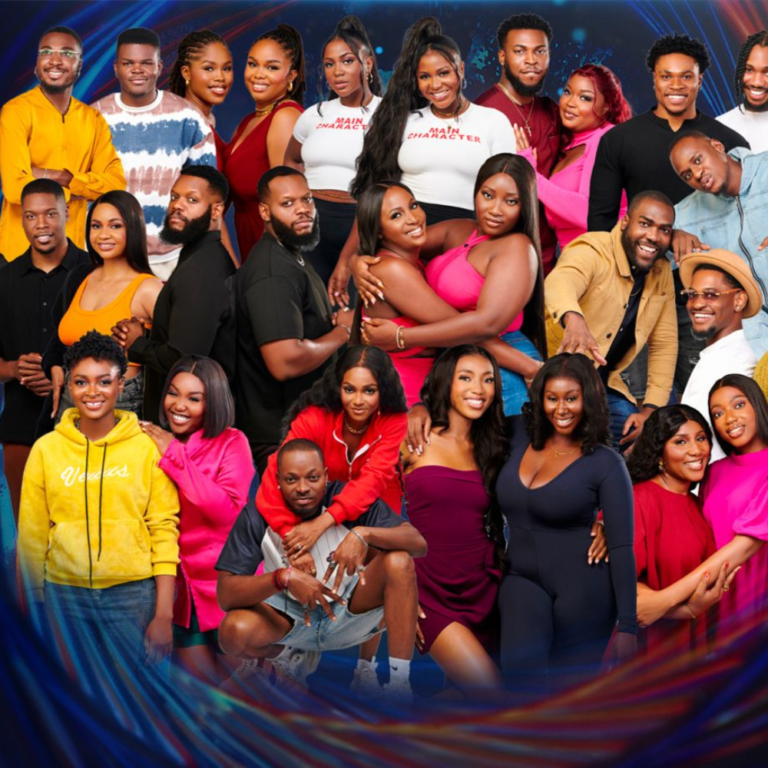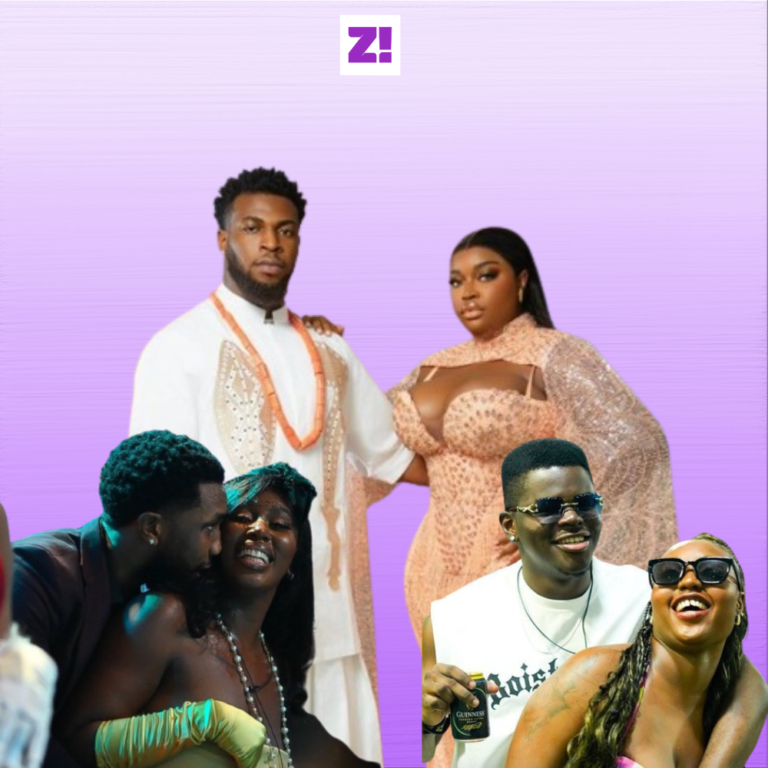Over the years, Nollywood has given us stellar movies like Lionheart, Blood Vessel, and King of Thieves, which have broken records and language barriers. The industry has given us different storylines on different platforms, with more movies debuting first in cinema before finding a home on one of the two streaming giants in Nigeria – Netflix and Amazon’s Prime Video.
The Yoruba branch of Nollywood seems to have seen the performance of these “big production” movies that debut in cinema and have decided to pitch their tent there.
Mainstream Nollywood seems to have mastered the art of hiding behind these big productions and bigger names to deliver stories that leave you at a loss for words, wondering what you could’ve possibly done to deserve such treatment.
While Mainstream has been doing this for years, the Yoruba branch’s insistence on breaking in with the cinema crowd has only become obvious in the last year, with back-to-back cinema releases from industry OGs like Femi Adebayo (King of Thieves), Odunlade Adekola (Orisa
READ: The Latest Yoruba Movies You Should See in 2024
These movies get the audience’s attention with big premieres and interesting marketing strategies, causing people to flock to watch them on release only to return with mouths full of questions regarding the storyline, acting, and general quality.
Naturally, this has us moaning and groaning every time a new movie is released, but maybe this issue affects the entire industry, not just this branch.
Here’s why
On multiple occasions, Nigerians have come out to complain about the lack of authentic stories about the reality of the average Nigerian, their experiences, and culture, as well as their tiredness at the continuous portrayal of flamboyant displays of wealth and the Lekki-Ikoyi link bridge – all of which are actually part of the Nigerian experience – on their screens.
Nollywood has obviously taken this to heart and tried its hands at something new, but just because the action genre, language-speaking epics, and the theme of police brutality work for some doesn’t mean they’ll work for others.
The industry needs to realize that the audience has grown tired of seeing the same storylines with the same faces in the same settings. It’s time for the industry and all its branches to return to the drawing board and figure out how to tell stories in ways that don’t leave the audience questioning their sanity.
Yoruba language films may currently be offering us poor-quality entertainment on multiple distribution platforms (cinema and streaming services) in exchange for our time and money, but this isn’t a problem peculiar to them.
The entire industry moves as though it could care less for its audience, almost like they’re poking, prodding, and daring us, trying to see how much they can get away with in plotlines, costume, location, makeup, and VFX. At this point, we might need to stop complaining, get down on our knees, and beg industry stakeholders of all the branches (Mainstream, Yoruba, Asaba, Kannywood, Abuja, etc) to have mercy on us and start caring about the art that comes within the business of filmmaking.




